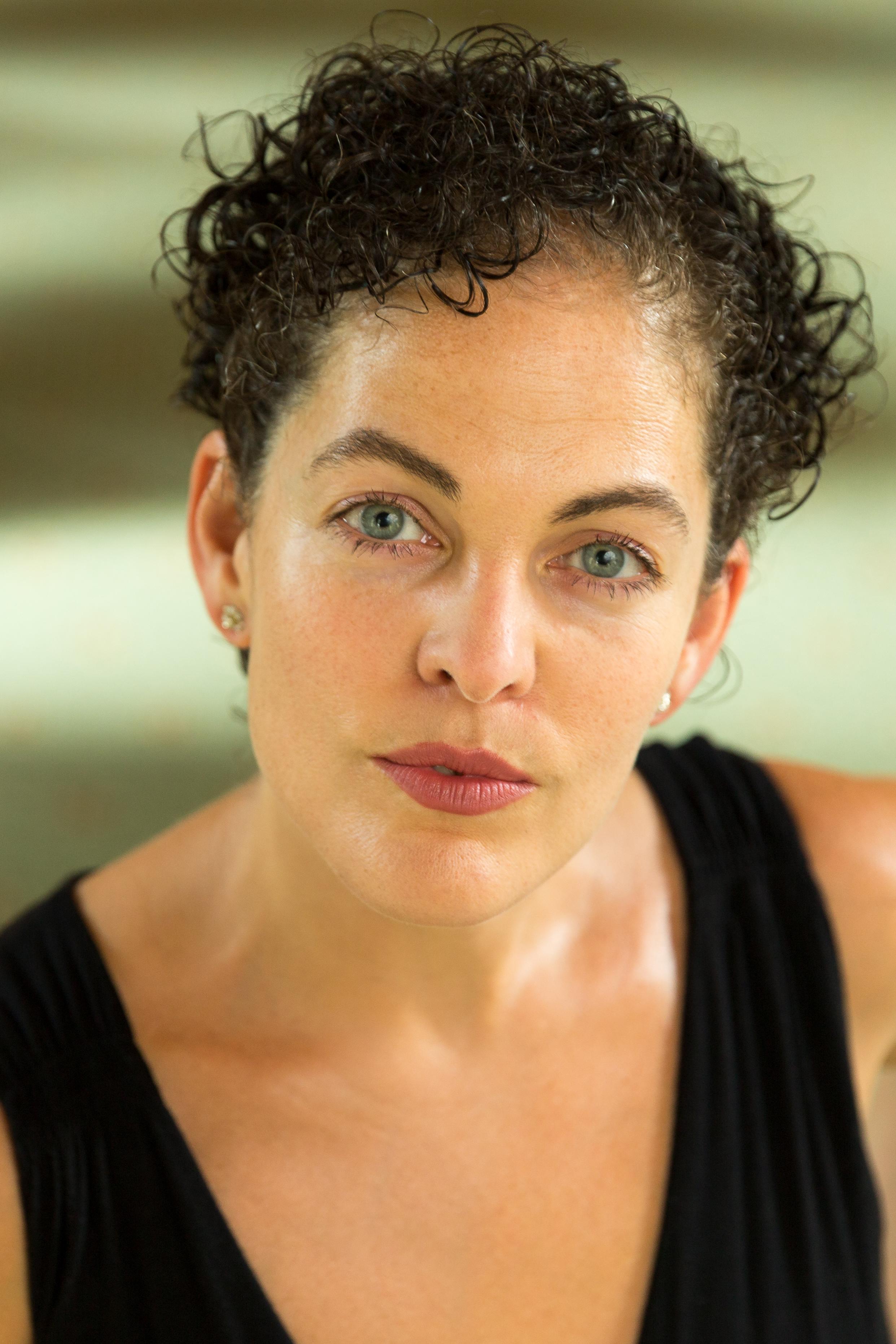ISSN: 1941-4137
POETRY THAT ENACTS THE ARTISTIC AND CREATIVE PURITY OF GLASS
POETRY THAT ENACTS THE ARTISTIC AND CREATIVE PURITY OF GLASS

Originally from Jamaica, Shara McCallum is the author of five books of poetry, published in the US and UK: Madwoman, The Face of Water: New and Selected Poems, This Strange Land, Song of Thieves, and The Water Between Us. Her poems have appeared in literary magazines, anthologies, and textbooks in the US, UK and other parts of Europe, Caribbean, Latin America, and Israel and have been translated into Spanish, French, Italian, and Romanian. Her personal essays appear regularly in print and online. Recognition for her writing includes a Witter Bynner Fellowship from the Library of Congress, a National Endowment for the Arts Poetry Fellowship, the Agnes Lynch Starrett Prize for Poetry, and other awards. Since 2003, she has been Director of the Stadler Center for Poetry at Bucknell University, where she is also the Margaret Hollinshead Ley Professor of Poetry and Creative Writing.
Also by Shara McCallum:
Madwoman
This Strange Land
Song of Thieves
The Water Between Us
Recordings of Shara McCallum from Phonodia
Conversations: Shara McCallum (Mansfield University)
Interview with Shara McCallum (Smartish Pace)
A Conversation Between Shara McCallum and Terrance Hayes
The Art Room (poem)
November 2, 2016
Ten Things You Might Like to Know About Madwoman
1. The source of her rage and joy are the same, which is true of many people where she's from, who, at one point or another, have not had a pot to piss in.
2. Like everyone, she has her flaws. For instance: she's convinced of the importance of her own grief.
3. In her own mind, she sometimes moonlights as the earth. As a girl she once built a raft from blue mahoe, masking tape, and her own foolishness.
3b. This may or may not be true, but sharks wouldn't go near it anyway.
4. For instance: she really loves Abba and thinks "Chiquitita" was written for her, personally. If you know the song, or might care to google it and listen on YouTube, even if you don't understand why she persists in this delusion, she hopes — despite your better judgment, taste in music, and/or profound sense of ironic detachment — that you'll love it.
5. While she has little actual faith (having lost most of it somewhere in a gully, perhaps in a big rainstorm that took place sometime in her childhood, which is her usual guess for everything) and therefore cannot in good conscience recommend to you the act of praying, she has nonetheless cultivated a deep belief in the colour red — as in the poppy, which she admires since it seems harnessed to nothing but its own fiery display.
7½. She has already grown tired of this list and is irritated (with herself, not you) that she is now obligated to four of five more disclosures, depending on how you're counting.
6. She is concerned details of her past make people uncomfortable. For example: her father was crazy, and not just in the colloquial sense. For example: he killed himself.
5b. It might be better to be a gardenia. Less showy. This is what she thinks on the days she's not admiring the poppy.
6b. Since she's told you this story of her father, she wants to assure you she's fine now, which you might conclude anyway, if you met her, because she smiles a lot.
7. She has problems distinguishing fact from fiction.
8. Also, she's concerned lists are way too post-modern, a theory, which at first she thinks is shiny as a new penny, then quickly finds annoying and infectious, like sand flies. She wants to assure you this is true even if she is mixed-race, from a host of nations, the sum of a bunch of world religions, and born in 1972.
8b. Now that she's alluded to literature and theory, she's a bit alarmed you might begin to think of her as a character in a story. On the other hand, she likes stories very much, especially those rarer ones in which women get to be the heroes, so if you can't help yourself then she thinks it would be okay but asks that you please make her a myth.
5c. Or would it be better to be a cricket? she wonders. She's primarily thinking of the chirping kind when she asks herself this, but if your brain hears "cricket" and jumps to the sport then items # 1, 3, 4, and 5 will likely carry different meaning for you.
9. She's pleased the numerical value of the Hebrew word chai (meaning "life") is 18 because she happens to have been born on October 18th. She's always liked coincidences, like this one, or that her name means "poetry" and "song" (Hebrew again), or that she emigrated from Jamaica to the US on the day of Bob Marley's funeral. She thinks 18 must therefore be an omen, which is useful because even if she doesn't believe in signs this gives her an exit strategy. And she's always heard it's a good idea to quit while you're ahead (presuming you're ahead).
10. Okay, now she's concerned that last item was too hopeful, too perfect, or was trying too hard: all of the above, or none of them, she can't quite put her finger on it.
10b. But, more importantly, she's worried that, if you've been paying attention, you've likely figured out she's confused about many things. For example: math, God, the hegemony of ice cream over all other desserts, memory, parental love, her defense of wearing dresses in winter, all endings but notably those of poems and people, winter itself, all other types of love, the universe, origins, eternity, and so on.
Glass: A Journal of Poetry is published weekly by Glass Poetry Press.
All contents © the author.
All contents © the author.





